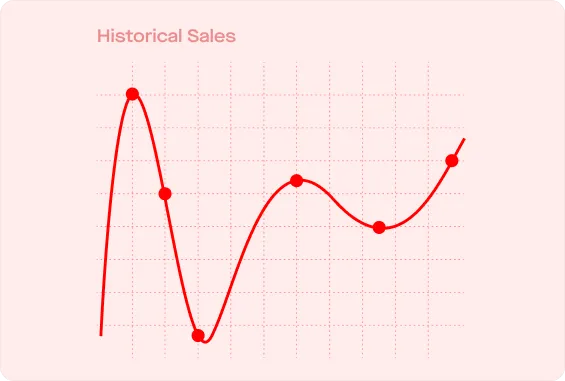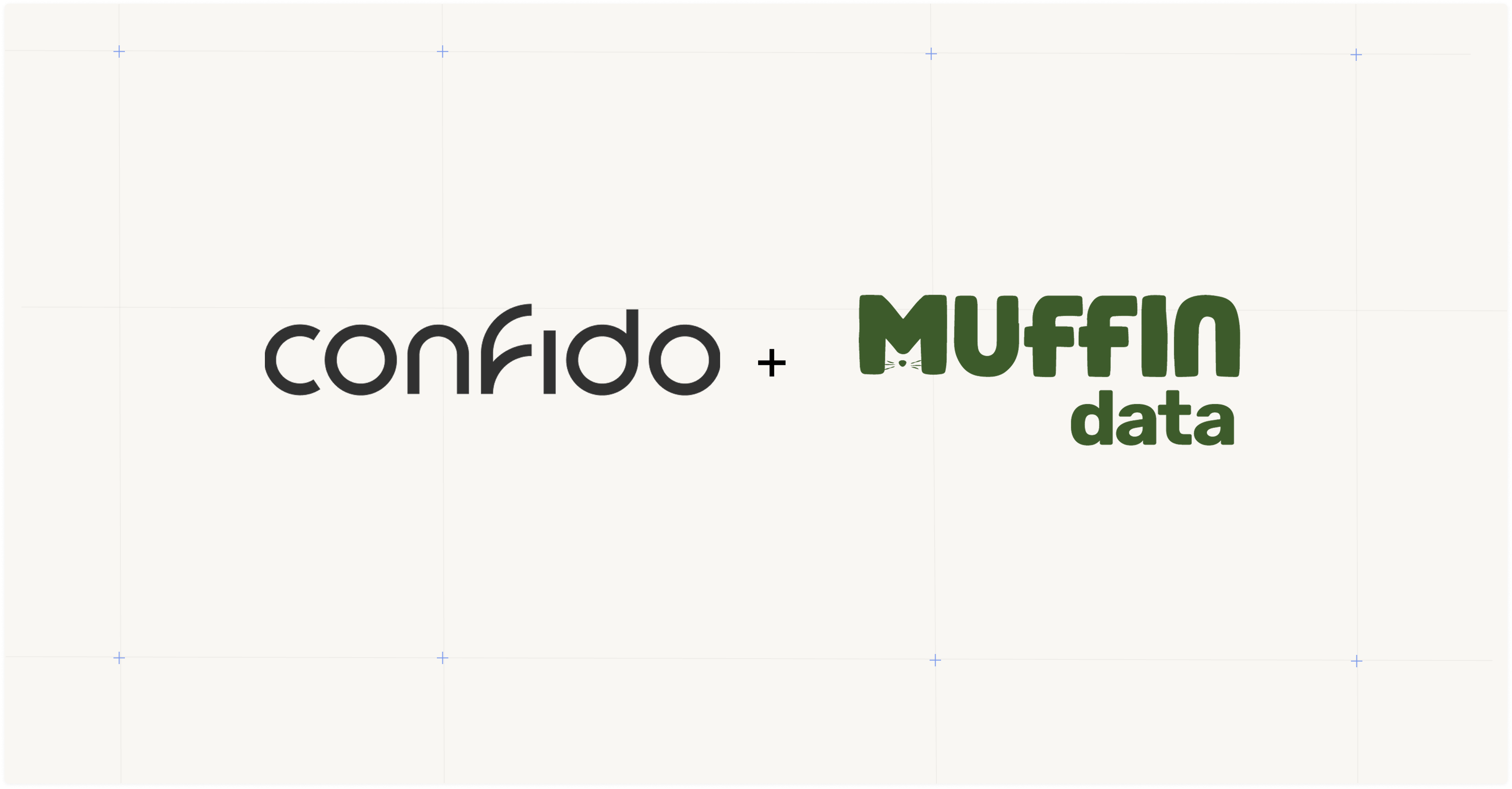Deductions: Outsourcing or In-House?



Deductions: Outsourcing vs. In-House and how Software can Help
Deductions can account for a significant portion of revenue for CPG brands, especially when launching into new retailers or launching new SKUs. Analyzing and validating deductions can put dollars back to the company's pockets when charge is invalid, and reinvest in growth.
However, the process of managing deductions is time-consuming and requires high levels of detail and communication across departments. For instance, a CPG brand doing $100m in sales may have to process over 20,000 deductions a year. With each deduction required multiple touchpoints and backups, this often raises the questions, to outsource or manage in-house? We'll discuss both options in detail in this guide.
Outsourcing Deductions
Outsourcing means that the company uses a third-party to manage deductions and disputes.
Pros of outsourcing
- Efficient time management: Finance teams are often juggling bookkeeping, reporting, forecasting, accounts receivable management, and more, alongside deductions. Some teams may not be able to dedicate enough time for deduction management, leaving dollars on the table where high-likelihood disputes could be filed
- Easier to scale: Rather than hiring additional deduction analysts at a step function as volume scales, outsourcing allows brand to scale by smaller increments, providing more flexibility on the fixed costs associated with the process.
Cons of outsourcing
- Lack of control: When outsourcing, the brand has less oversight on the processes that the third-party is managing, and loses on possibly valuable interactions with distributors and retailers.
- Costs can stack with scale: Oftentimes, third-parties may charge on processing volume or time, which can scale indefinitely as brands grow revenue, given there's no additional automation or efficiencies gained with scale. After a certain revenue threshold, larger brands typically shift deductions in-house.
Managing Deductions In-House
Many brands also opt-to hire a deductions analyst in-house. Below is an example job description of the role:
- Research and resolve deductions on customer payments according to established processes to ensure proper coding, reporting, and accuracy in financials
- Timely follow-up with customers on invalid deductions
- Maintain tools and dashboard to identify customer payments trends through data analytics
Typical Requirements
- Bachelor's degree
- Intermediate Excel skills
- Ability to organize information and meet deadlines in timely manner
- Experience in CPG (preferred)
- Business, Finance, or Accounting degree (preferred)
Pros of In-House
- More control: Hiring and training internal deductions staff allows brands to have a direct line of sight into the process and understanding of analytic and trends
- Attention to detail with internal context: Deductions are complicated and nuanced with each brand. Training staff on highly specific processes ensure compliance with internal rules and standards.
Cons of In-House
- Lack of specialization: For smaller teams, creating a separate team to manage deductions can be challenging, especially if no one has existing experience to train the deductions staff. If there's any attrition, the brand must find and re-train, creating a gap in deduction processing.
- Higher costs: Typically, the wage to hire a deductions analyst will be higher than outsourcing to a third party, especially for smaller brands.
- Higher effort: When bringing an analyst in-house, brands must set aside time to hire and train, along with regular HR oversight over the deduction staff. This is often a high-churn position, and the costs of hiring and training can stack over time.
How Confido can help
Confido works with both outsourced accounting and CFO firms, as well as in-house CPG deductions teams to streamline cash application and deductions management. Whichever strategy brands choose to go with, Confido is by their side helping automate backup retrieval, breaking down line item information, uncovering invalid disputes, and dispute submission.
In addition, brands can use Confido to plan trade promotions, improve reporting, and forecast with detailed analytics.
Contact us today to learn more.


Explore More Resources









.webp)
.svg)

.png)



